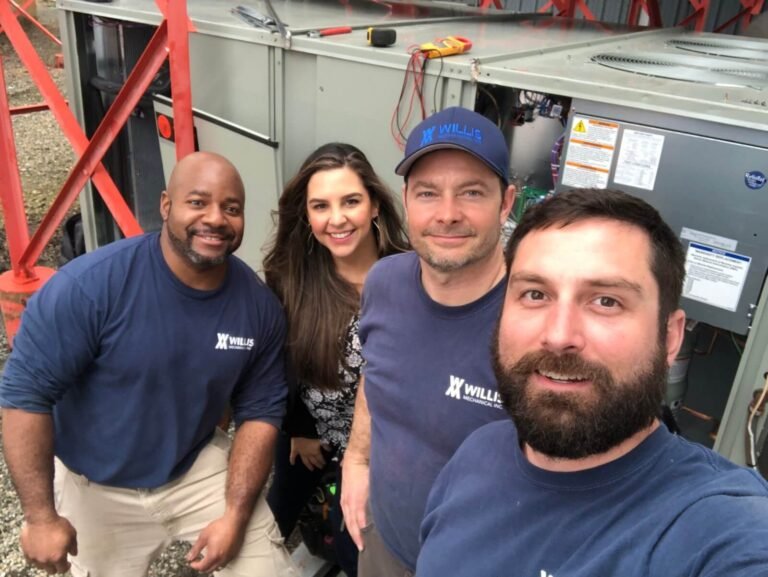
Embarking on a new career path, especially in your 30s, can be a daunting prospect. However, the field of HVAC (Heating, Ventilation, and Air Conditioning) offers a wealth of opportunities for individuals seeking a rewarding and stable career. In this blog, we’ll explore whether it’s too late to become an HVAC technician in your 30s and weigh the pros and cons to help you make an informed decision.
Pros:
- Steady Demand: The demand for HVAC technicians remains consistent, regardless of economic fluctuations. As long as buildings require heating, cooling, and ventilation systems, there will be a need for skilled technicians to install, maintain, and repair them.
- Varied Career Paths: HVAC offers a diverse range of career paths, from installation and maintenance to system design and sales. This variety allows individuals to explore different aspects of the industry and specialize in areas that align with their interests and skills.
- Job Security: With the increasing complexity of HVAC systems and the retirement of older technicians, there is a growing demand for new talent in the field. Becoming an HVAC technician can provide long-term job security and stability, with opportunities for advancement as you gain experience and expertise.
- Hands-On Work: If you enjoy working with your hands and solving practical problems, HVAC may be the perfect career choice for you. HVAC technicians engage in hands-on work, troubleshooting issues, and repairing systems, making each day different and fulfilling.
- Competitive Pay: Skilled HVAC technicians are in high demand, leading to competitive salaries and potential for growth. With additional certifications and experience, technicians can command higher wages and advance their careers.
Cons
- Physical Demands: HVAC work can be physically demanding, requiring technicians to lift heavy equipment, work in confined spaces, and endure extreme temperatures. This aspect of the job can lead to fatigue and increased risk of injury, especially as you get older.
- Technical Skills Required: Becoming proficient in HVAC requires technical knowledge and hands-on experience. While training programs and apprenticeships are available, mastering the skills necessary for success in the field may take time and dedication.
- Licensing and Certification: To work as an HVAC technician, you’ll need to obtain the necessary licenses and certifications required by your state or local jurisdiction. This process can be time-consuming and may require additional education and training.
- Environmental Exposure: HVAC technicians may be exposed to various occupational hazards, including poor air quality, chemicals, and potential risks such as electrical shocks and refrigerant leaks. Proper safety measures and protective equipment are essential but may not eliminate all risks.
- Challenges of Starting Later: While it’s never too late to start a new career, beginning a career in HVAC in your 30s may present challenges such as adapting to a new field, starting at an entry-level position, and balancing work with other responsibilities.
In conclusion, while there are challenges to starting a career in HVAC in your 30s, the potential rewards and opportunities for growth make it a worthwhile pursuit for many individuals. With a strong work ethic, dedication to learning, and commitment to safety, becoming an HVAC technician can lead to a fulfilling and prosperous career path. Whether you’re considering a career change or entering the workforce for the first time, exploring the field of HVAC may open doors to exciting opportunities and long-term success.
